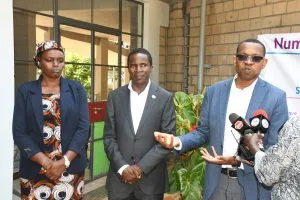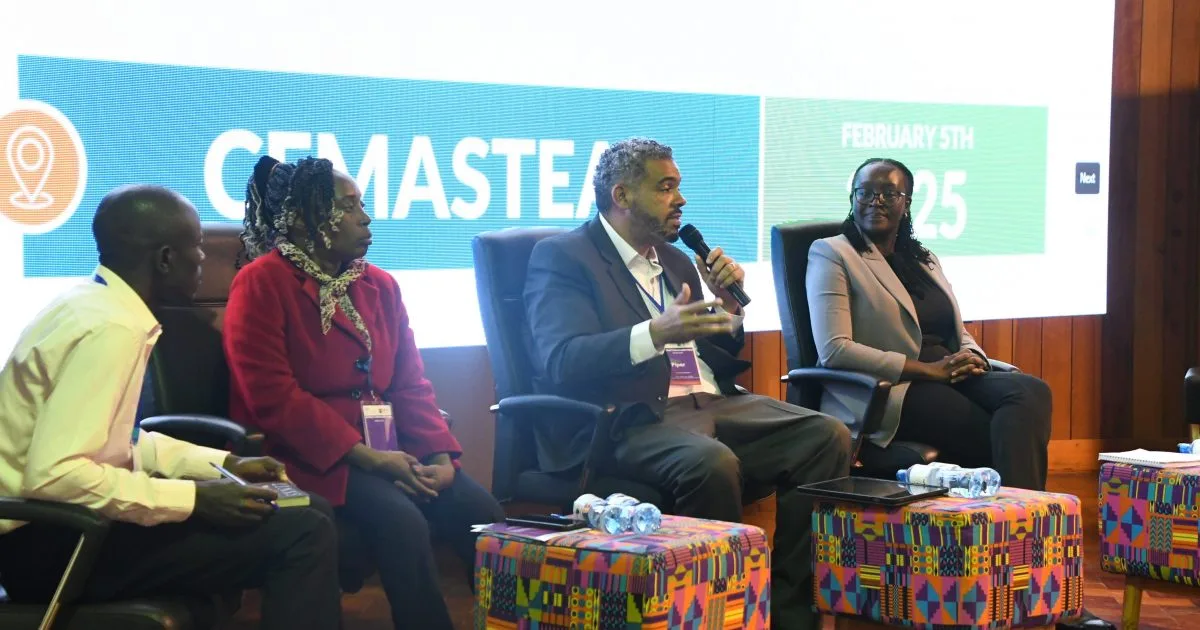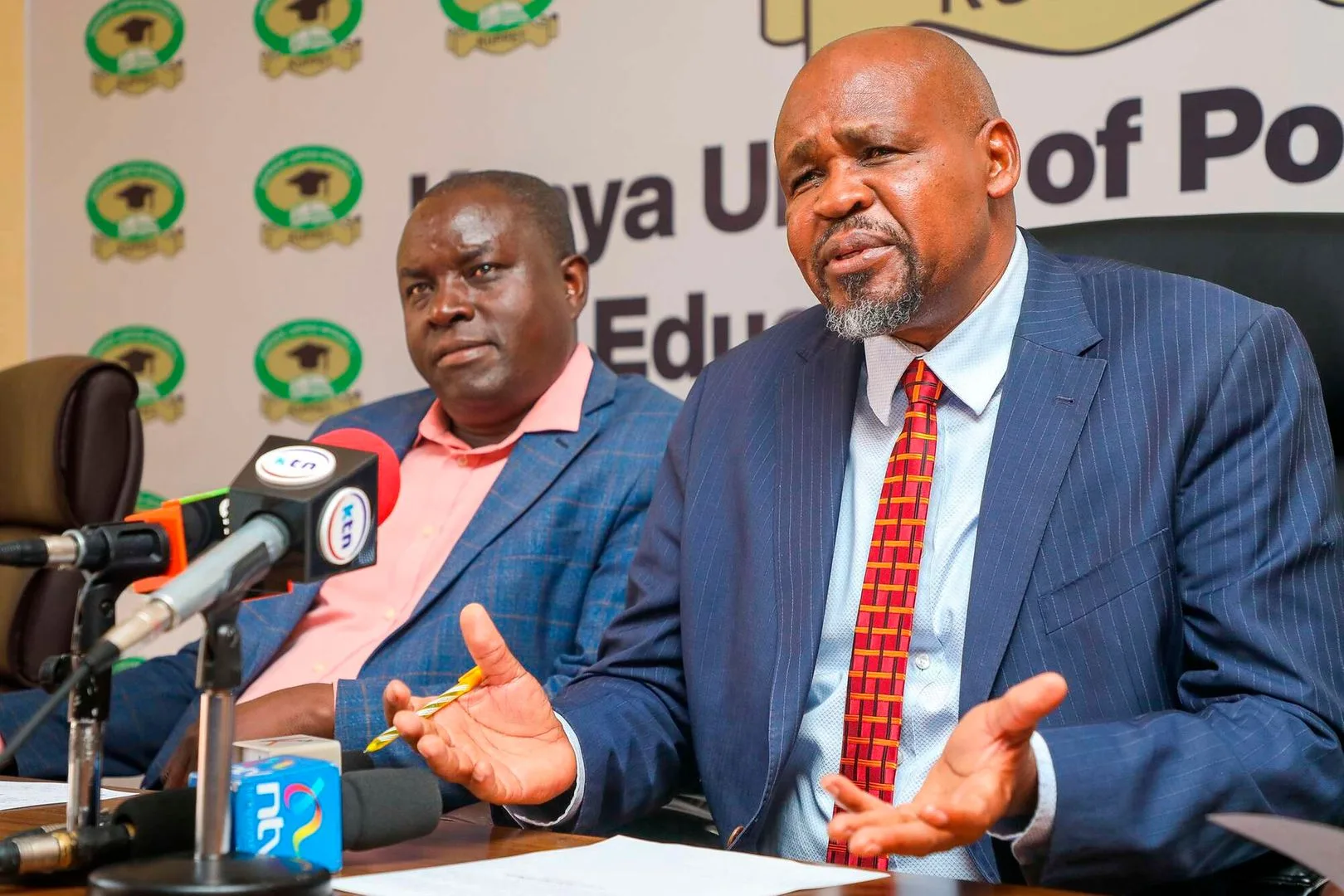Experts Warn of a Math Learning Crisis, Call for Urgent Reforms in STEM Education in Kenya.
Kenya’s first numeracy workshop, organized by the Centre for Mathematics, Science and Technology Education in Africa (CEMASTEA) in collaboration with ZiZi Afrique Foundation (ZAK), focused on the challenges facing mathematics education and the broader implications for STEM learning in the country.
The event, themed ‘Foundational Numeracy in Kenya; Status, Challenges, and Opportunities,’ gathered education experts, researchers, and civil organizations to formulate an action plan aimed at enhancing numeracy learning outcomes.
The specialists stressed the pressing need for systemic changes to improve foundational numeracy, address learning disparities, and shift societal attitudes towards math and science subjects.
ZAK, a nonprofit organization, seeks to transform learning outcomes for marginalized children and youth by leveraging research to drive systematic improvements in public education.
CEMASTEA, a Semi-Autonomous Government Agency under the Ministry of Education, Science, and Technology, enhances the quality of mathematics and science education through in-service teacher training in Kenya.
During the event, Zizi Afrique Foundation’s Director of Innovation, Virginia Ngindiru, highlighted the significance of foundational skills for all children in Kenya.
She underscored the importance of ensuring children are well-prepared for learning, generating evidence, and translating findings into practice while collaborating with partners to develop innovative ways to enhance learning outcomes.
Ngindiru identified substantial gaps in numeracy skills, revealing that a significant number of students progress through the education system without mastering basic math concepts.
She pointed out that even by Grade 6, many children fail to acquire foundational numeracy skills, and over half of Grade 3 learners struggle with basic arithmetic.
She also stressed the necessity of evidence-driven educational improvements and better utilization of learning resources.
According to her, ineffective teaching methodologies exacerbate the problem, as many classrooms fail to make math engaging or applicable to real-life situations.
The discussion further explored classroom practices, emphasizing the need for a more hands-on and practical approach to teaching mathematics.
Ngindiru observed that learning remains insufficiently practical, noting that children grasp concepts first by handling concrete objects before transitioning to abstract reasoning. However, many teachers still employ outdated methods, and teaching resources remain underutilized.
She also highlighted the role of parents in supporting learning at home, adding that many feel ill-equipped due to their lack of familiarity with the curriculum.
She urged schools to make parent meetings more meaningful by shifting the focus beyond grades to helping parents understand curriculum expectations.
State of math education in Kenya
Simultaneously, Zizi Afrique Foundation’s Executive Director, Dr. John Mugo, issued a stark warning regarding the state of math education in Kenya. He stated that the country is facing a national crisis in math education that has not been adequately addressed.
He pointed out that in the Kenya Certificate of Secondary Education (KCSE), the number of students failing mathematics nearly equals the combined failure rate in all other subjects.
He lamented that while the country celebrates the few students excelling in math, it continues to ignore the crisis affecting the majority.

Mugo emphasized that poor math performance originates from foundational levels rather than secondary school.
He cited data showing that half of Grade 6 students lack foundational numeracy skills, asserting that if a learner struggles with basic subtraction problems such as 61 minus 12, it reflects a systemic failure in early education.
He further revealed research indicating that 40 percent of mathematics teachers struggle with the very concepts they teach. He questioned why this crisis has remained unaddressed and called for a national conversation on improving math instruction from the earliest levels.
Dr. Mugo advocated for a collaborative approach, urging stakeholders to analyze students’ common mistakes and develop targeted interventions.
He suggested that instead of simply marking answers as correct or incorrect, teachers should assess patterns in students’ errors and adjust teaching strategies accordingly.
He proposed a strategic approach to gradually improve math performance, aiming to raise Grade 6 proficiency rates from 50 percent failure to 80 percent competency.
He also emphasized a shift in perspective from job-seeking to problem-solving, stressing that STEM education should equip students with skills to create opportunities rather than merely seeking employment.
Gender disparity in mathematics performance
Usawa Agenda’s Executive Director, Dr. Emmanuel Manyasa, attributed systematic biases within schools to the gender disparity in mathematics performance at higher education levels.
He recounted his own experience, stating that a teacher in Form One had conveyed that math was not for everyone, a message that affects students’ perceptions of their abilities, particularly among girls.
Manyasa observed that while boys and girls perform similarly at lower grades, gender disparities emerge as they advance in their education. He noted that in the KCSE, boys dominate in over 20 math-related subjects, suggesting that the school system discourages girls from pursuing STEM subjects.
He called for targeted investments in STEM education, including teacher training, parental involvement, and a shift in societal attitudes toward math learning.
He emphasized that if Kenya aims to transition 60 percent of students into STEM fields, it must address these challenges by equipping teachers, altering family discussions on math, and aligning math education with the national vision.
Additionally, he stressed the importance of addressing teacher workloads, pointing out that large class sizes hinder effective instruction and limit personalized learning experiences.
The education experts proposed several strategies to improve math and STEM education.
Read Also: KNEC Clarifies Grade 9 KJSEA Exam Dates, Denounces Fake Circular
These included enhancing teacher training to ensure educators possess the necessary skills to teach math effectively, implementing hands-on learning methods that go beyond rote memorization, engaging parents more meaningfully to foster a positive math-learning environment, and revising national policies to prioritize STEM education while aligning reforms with economic development goals.
The forum served as a wake-up call for education stakeholders, emphasizing the need for immediate and coordinated action to improve mathematics education in Kenya.
Experts insist that addressing the math crisis is not merely an academic concern but a national priority, as the country moves towards a knowledge-based economy.
Experts Warn of a Math Learning Crisis, Call for Urgent Reforms in STEM Education in Kenya



Discussion about this post